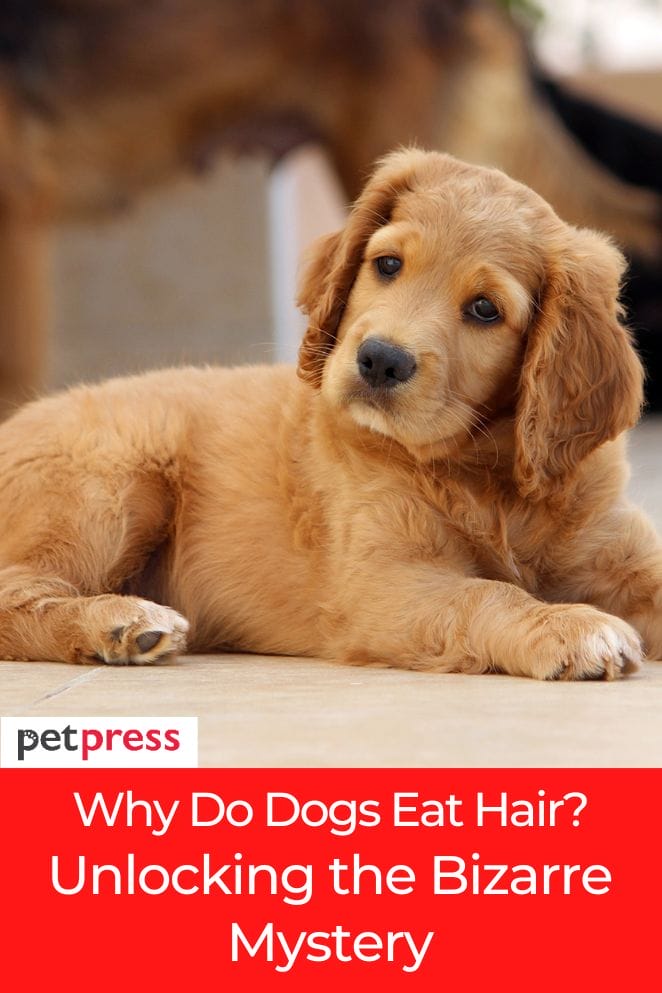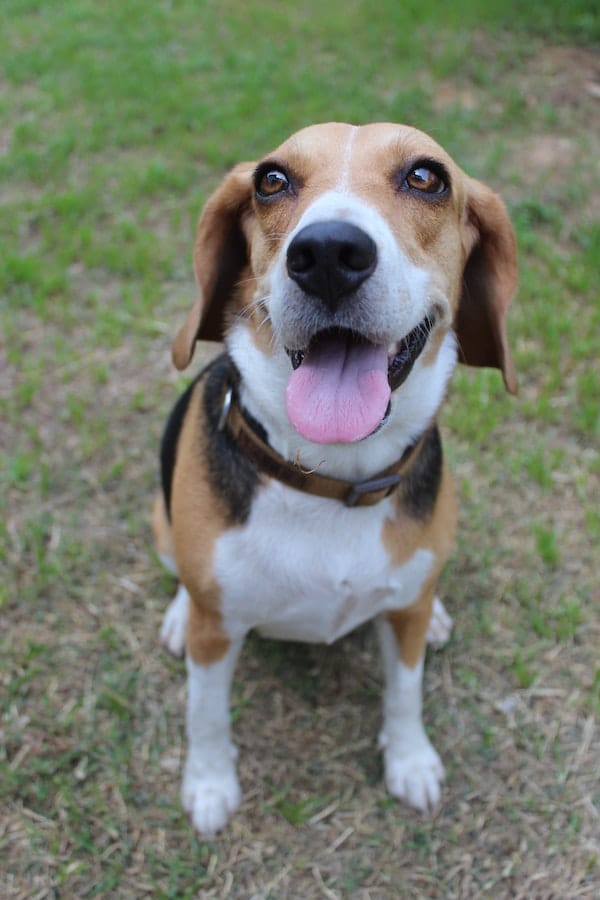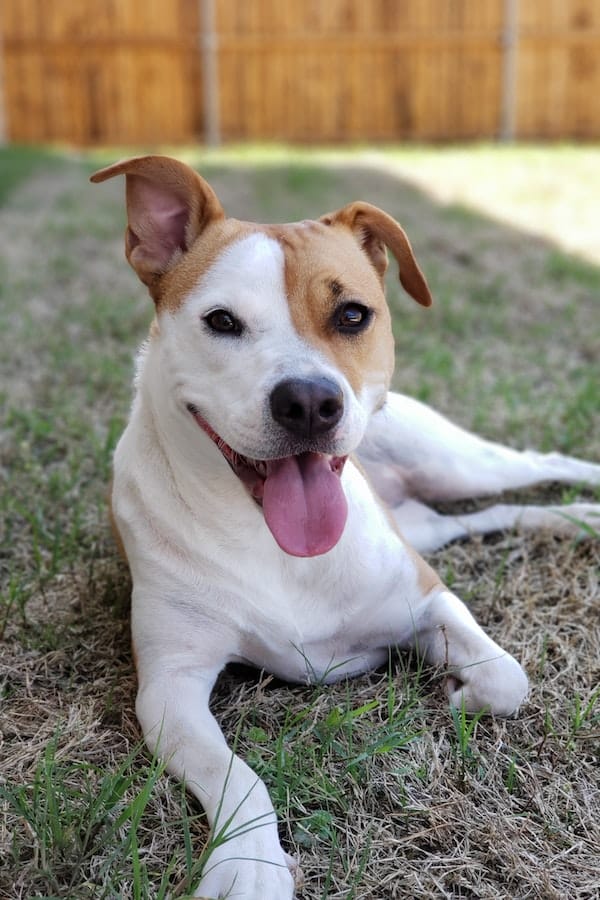
Have you ever found yourself wondering about the quirky habits of your dear furry friend, especially when they occasionally indulge in the rather curious act of eating hair?
While it could strike you as an exceptional way of behaving, rest assured that among canines, this isn’t quite as unprecedented as one would naturally suspect.
In the impending article, we’ll bring a profound plunge into the captivating domain of why canines show this way of behaving, dive into strategies to deter it and give fundamental tips to guarantee the general prosperity of your loved pet.
Why Do Dogs Eat Hair?
Dogs are known for their curious nature, and this trait often extends to their eating habits. There are several reasons why your dog might be inclined to munch on hair:
Texture and sensation
Dogs are remarkably sensory-driven animals, relying on their keen senses to explore the world.
One aspect of their exploration often overlooked is their fascination with the texture and sensation of objects, including hair.
Dogs possess sensory receptors in their mouths that allow them to discern textures, making them curious about hair, whether it’s human hair, pet fur, or their own.
This behavior may seem perplexing to humans but is a natural way for dogs to understand their surroundings through tactile experiences.
Pica syndrome
Pica is a syndrome in dogs where they compulsively consume non-food items, including hair, which can be concerning for pet owners.
Various triggers contribute to this behavior, including boredom, anxiety, and dietary deficiencies.
Bored dogs may chew on objects, including hair, to alleviate restlessness, while anxious or stressed dogs may turn to pica as a coping mechanism.
Additionally, dietary deficiencies may lead dogs to seek out unusual substances, like hair, to meet their nutritional needs.
Grooming behavior
Dogs’ grooming behavior, which extends to licking or nibbling their human companions’ hair, can signify affection or comfort-seeking.
This intriguing aspect of canine behavior highlights the complexity of their interactions with humans.
Dogs are groomed not only for cleanliness but also to strengthen social bonds, treating their human family members as part of their pack.
The tactile sensation of hair on their tongue may provide comfort, similar to the way humans find solace in physical touch.
Attention-seeking
Dogs are remarkably perceptive when it comes to their owners’ reactions and behaviors.
This keen sensitivity extends to their own actions, including behaviors like eating hair.
If a dog notices that such behavior provokes a response from its owner, even if it’s negative, it may persist as a way to seek attention.
This can be puzzling for pet owners who wonder why their dogs continue despite adverse consequences.
To dogs, any reaction from their owner, be it positive or negative, signifies engagement and interaction, which they value over being ignored.

How to Prevent Your Dog from Eating Hair
Preventing your dog from eating hair is essential for their health and safety. Here are some effective strategies:
Regular grooming
It’s crucial to establish a routine for grooming your furry friend.
Regular grooming not only keeps your dog clean and healthy but also helps reduce the chances of them ingesting hair during self-grooming or play.
Brushing their coat thoroughly can help remove loose hair and prevent it from becoming a tempting snack.
Additionally, if your dog has long or dense fur, consider occasional professional grooming sessions to manage their coat effectively.
Supervision
It’s important to recognize that dogs are naturally inquisitive beings, and they can occasionally develop a fascination with areas in your home where hair tends to gather, like the bathroom or your personal space.
To deter them from engaging in the habit of consuming hair, it’s a good practice to maintain a vigilant presence around your dog, particularly in these hair-rich environments.
If you happen to observe them making an attempt to ingest hair, gently divert their attention towards a suitable toy or engaging activity.
This proactive approach not only prevents the consumption of hair but also serves to reinforce positive behavior in your furry companion.
Proper nutrition
Maintaining a well-rounded and nutritious diet is a cornerstone of ensuring your dog’s overall health.
Moreover, it can also have a role to play in managing tendencies toward consuming hair.
It’s vital to verify that your canine’s eating routine is loaded with essential nutrients, custom-made to their particular dietary prerequisites.
Assuming you end up thinking that nourishing lacks might be a component adding to their tendency to eat hair, looking for direction from your believed veterinarian is insightful.
They possess the expertise to recommend suitable dietary adjustments or supplements that can effectively address any nutritional gaps your furry friend may be experiencing.
Interactive toys and mental stimulation
Dogs, like humans, benefit from mental stimulation and enrichment. Offer your dog a variety of interactive toys and puzzles to keep their minds engaged and prevent boredom, which can be a trigger for pica, including hair-eating.
Mental stimulation through play and training can redirect their focus away from undesirable behaviors.
Regular vet check-ups
To keep your dog in the best of health, it’s crucial to adhere to a schedule of routine visits to the veterinarian.
These regular check-ups serve a vital role in identifying any concealed medical concerns or potential dietary inadequacies that could be linked to their inclination to consume hair.
Your veterinarian is a valuable resource in offering expert advice on how to effectively manage and address these issues, ensuring the well-being of your beloved companion.

Environmental enrichment
To address the root causes of pica-related behaviors, such as hair-eating triggered by boredom or anxiety, consider incorporating environmental enrichment into your dog’s daily routine.
Provide mentally stimulating toys and activities that engage their minds and keep them occupied.
Puzzle toys, treat-dispensing toys, and interactive games can be excellent choices to alleviate boredom and prevent them from turning to hair-eating as a pastime.
Positive reinforcement
Positive reinforcement is a powerful tool for shaping your dog’s behavior.
When your dog exhibits desirable behavior, such as refraining from eating hair, be sure to reward them with praise, treats, or affection.
This positive feedback reinforces the behavior you want to encourage.
On the flip side, it’s crucial to avoid reacting negatively when they do indulge in hair-eating.
Reacting negatively can create confusion and anxiety in your dog, potentially exacerbating the behavior.
Instead, gently redirect their attention to a more suitable activity.
Conclusion
To wrap things up, it’s crucial to have a grasp of why dogs sometimes consume hair, as this knowledge is key to tackling this behavior.
Whether it arises from their inquisitiveness, pica syndrome, grooming instincts, or simply seeking attention, there are effective approaches to prevent and manage this habit.
By putting into practice the strategies we’ve discussed throughout this article, you can take proactive steps to ensure your dog’s overall well-being and cultivate a harmonious and rewarding relationship with your cherished four-legged companion.
FAQs
While occasional hair ingestion may not be harmful, excessive consumption can lead to digestive issues or blockages. It’s essential to monitor and manage this behavior.
There is no specific breed predisposition to hair-eating, but individual dogs may have different propensities for this behavior.
If your dog exhibits signs of discomfort, such as vomiting, diarrhea, or abdominal pain, consult your veterinarian immediately.
The most effective approach is to implement preventive measures and positive reinforcement techniques. If the behavior persists, consult a professional dog trainer or behaviorist for guidance.


GIPHY App Key not set. Please check settings